What are traumatic teeth injuries?
Traumatic oral injuries encompass a wide range of damages, including dental injuries, lacerations in and around the mouth, and severe damage to the soft tissues and bones of the face. These injuries are typically caused by direct physical trauma to the teeth, mouth, and face, which can occur due to falls, sports or work-related incidents, motor vehicle accidents, or assaults.
Chipped, fractured, or cracked teeth
Tooth chips, cracks, and fractures are not uncommon and can occur from various activities such as biting down on ice, chewing on a pencil, or experiencing a direct blow to the face or mouth. The severity of the damage can range from minor craze lines or small chips in the enamel to more extensive fractures that may even affect the root or split the tooth. Treatment options depend on the extent of the damage and may involve placing a filling, crown, or root canal procedure with a restoration. In severe cases, extraction may be necessary.
Dentoalveolar injury
Dentoalveolar injuries are traumatic injuries that affect both the teeth and the surrounding bone. These injuries can involve teeth being partially dislodged or moved out of their sockets, sometimes with a piece of the adjacent bone. They can also result in a tooth being completely knocked out of its socket. In such cases, immediate dental care is necessary to reposition and stabilize the affected teeth and/or put the bone back in its correct position. In addition to regular post-operative care to monitor tissue healing, the affected teeth are usually monitored for a longer period to check for any subsequent nerve damage or other issues that may require further treatment.
Soft tissue injuries
Soft tissue injuries in and around the oral cavity consist of lacerations within the mouth (intra-oral) as well as facial lacerations. If feasible, gently cleanse the area with water and apply a cold compress. However, for puncture wounds, tissue tears, and lacerations to the lips, cheeks, tongue, or any other tissues in and around the oral cavity, immediate emergency care is necessary.
Dislocated or fractured jaw
Immediate care is necessary for facial trauma that may have caused a dislocation or fracture of the jaw. Eating and breathing difficulties can arise, so it is important to seek prompt treatment to minimize complications and speed up the healing process. The treatment for a fractured jaw depends on the severity of the injuries. Simple breaks may only require immobilization, while more complex surgical care is needed for multiple fractures or displaced breaks. If the jaw has been dislocated due to trauma or excessive mouth opening, it will need to be manipulated back into its correct position. In cases where there have been multiple dislocations, surgery may be necessary to reduce the risk of future dislocations.
